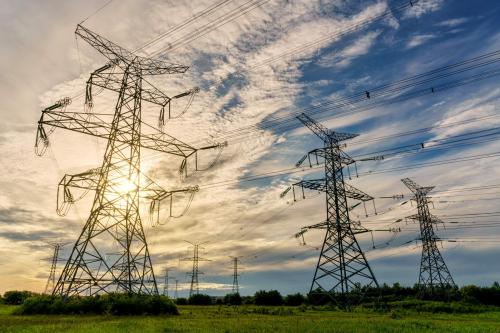Content from the Brookings Doha Center is now archived. In September 2021, after 14 years of impactful partnership, Brookings and the Brookings Doha Center announced that they were ending their affiliation. The Brookings Doha Center is now the Middle East Council on Global Affairs, a separate public policy institution based in Qatar.
Over the past year, much attention has been given to the growing production of shale oil and the challenge that these unconventional sources of energy pose to traditional producers in the Gulf. As the world’s leading exporter of liquefied natural gas (LNG), Qatar faces related concerns – mounting competition from new LNG exporters and more competitive pricing in key Asian gas markets. How will this global gas boom unfold? How can Doha develop a robust response to growing volatility in gas pricing and demand?
In a new Brookings Doha Center Analysis Paper, Naser al-Tamimi examines Qatar’s position on the global gas stage and assesses the prospects of new competitors. He argues that new LNG production and exports – from Australia, the United States, and other countries – present a challenge to Qatar’s dominant status in global gas markets, particularly in the Asia-Pacific region. At the same time, diversification and slowing growth in this region’s major economies, such as China, South Korea, and Japan, may reduce LNG demand across the board.
Read “Navigating uncertainty: Qatar’s response to the global gas boom“
Ultimately, Tamimi argues that Qatar’s pricing mechanisms and export revenues will come under significant pressure as a result of these developments, posing a potential challenge to Qatari finances. He contends that an effective response from Qatari officials must emphasize greater exports to the Middle East/North Africa region, greater contract flexibility to attract new buyers, and cooperation with other GCC members to improve Gulf bargaining power in key regional markets.



